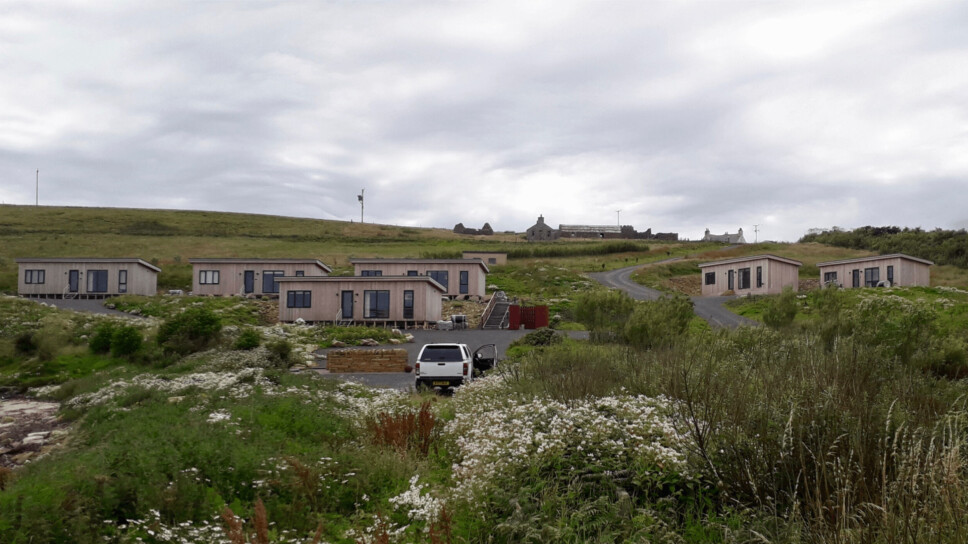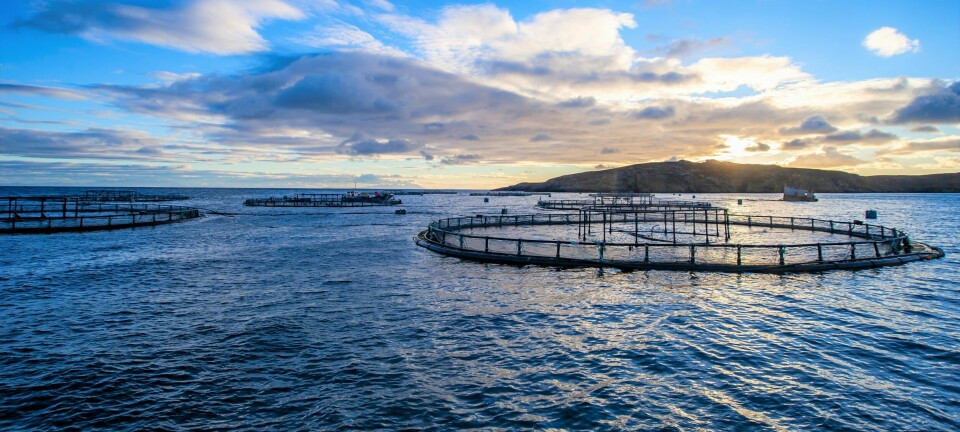
Salmon industry repeats call for site rents to be spent on housing
Shortage of affordable accommodation ‘is leading to hard-to-fill vacancies, skills shortages, and depopulation’
Salmon farmers have repeated their call for greater investment in rural housing ahead of the publication of the Scottish Government’s spending plans this week.
Trade body Salmon Scotland, which represents salmon producers and their supply chain, wants £10 million that the sector will soon be paying in increased site rents to be ringfenced to provide affordable housing in the Highlands and islands.
Salmon Scotland first made the request in June and has repeated it ahead of the release of the SNP/Green administration’s Programme for Government. The Programme is published every year at the beginning of September and sets out the actions the Scottish government will take in the coming year and beyond. It includes the Annual Budget Bill.
Priced out of the market
House prices have risen more in the Highlands and islands than across the whole of Scotland over the past two decades, raising fears that people and businesses are being forced out of the country’s most fragile communities, said Salmon Scotland in a press release.
It added that Scotland’s “cluttered” aquaculture licensing regime and rent hikes mean that more than £20 million a year is due to be paid by salmon farmers to various regulators and agencies including Crown Estate Scotland, which collects fish farm site rents on behalf of the government.
Salmon Scotland chief executive Tavish Scott said: “The shortage of available, affordable housing in island and Highland communities is pricing people out of the housing market, and businesses are experiencing problems recruiting and retaining staff - leading to hard-to-fill vacancies, skills shortages, and depopulation.
“Long-term house price rises are being exacerbated by the cost-of-living crisis, and Scottish ministers should be looking at every lever available to them to make life easier for working people.
Quango millions 'can be used better'
“The greatest economic contributor to these coastal communities is the Scottish salmon sector, directly providing 2,500 local jobs – and thousands more through the supply chain.
“We are proud of the jobs and wealth we create in rural Scotland, and we believe our local communities should be the ones who benefit the most.
“There is an opportunity in the Programme for Government for ministers to ensure the millions sent to quangos are put to better use by building affordable housing, ensuring the economic success generated by Scotland’s biggest food export is enjoyed by the communities where we operate.”
In 2019, salmon farmer Mowi Scotland provided a six-bedroom accommodation block for staff and a three-bedroom house for the farm manager on Rum, and in 2020 Scottish Sea Farms and green property company Willowstream built six lodges at Mill Bay on the island of Eday, Orkney, four of which were for SSF workers. But both of these projects addressed special circumstances of sparsely inhabited islands where farm technicians stay for a set number of days or weeks at a time but not permanently.
